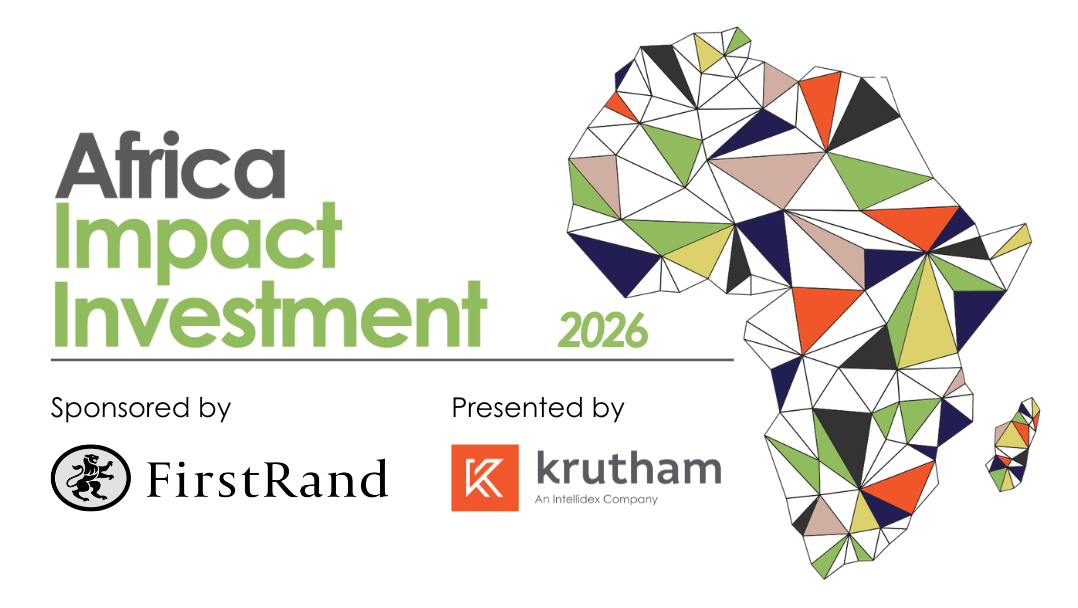This category recognises social enterprises, i.e. businesses that aim to generate profit and have positive social or environmental impact, that are solving some of the continent’s most entrenched social or environmental problems.
eBee Africa
About
eBee is a pan-African e-mobility company that was founded in 2021 with roots in Kenya. It now also operates in Uganda and Rwanda.
eBee sells and rents electric bicycles and operates a fleet of over 300 riders for last-mile deliveries, creating green jobs and opportunities for women and youth. About 40% of its mechanics are women and it aims to increase female office staff and mechanics to 50%.
eBee distinguishes itself from its competitors by using electric bicycles. Most e-mobility companies in East Africa use electric motorcycles that require battery charging and battery-swapping infrastructure and are significantly more expensive to buy and operate.
Why electric bicycles?
- Emissions reduction: Electric bicycles are two- to three-times more economical than carbon-polluting motorbikes and vehicles for last-mile deliveries.
- Convenience: Electric bicycles can be charged as simply as mobile phones and have a range of 80km when fully charged.
- Inclusivity: E-bicycles are attractive to youth and women who tend to find them easier to operate than traditional motorbikes.
The problem
At its core, eBee aims to address challenges faced in three critical areas:
- Financial and gender inclusion: Traditionally, last-mile delivery job opportunities are less accessible to youth and women who may lack the financial resources and physical capacity or technical skills required to operate motor vehicles and motorbikes.
- Poverty reduction: Traditional vehicles tend to be associated with high costs – of purchase and operation – which act as a barrier to entry into the last mile delivery sector and decrease the take home income of last mile delivery drivers.
- Environmental sustainability: The continued use of internal combustion engine vehicles acts to exacerbate emissions levels and the associated negative consequences for environmental and human health across African markets.
What makes eBee Africa unique?
eBee initially started by leasing electric bicycles to logistical companies before shifting to fleet management. It now provides a full service delivery proposition, creating employment opportunities for unemployed youth and women, promoting a cycling culture for commuters and couriers, contributing to reducing traffic congestion and last-mile delivery costs and supporting the continent’s transition to lower carbon economies.
Use of impact investment capital
eBee has attracted impact investment from a wide range of sources, including family offices, that have invested in eBee through equity ($1.6m), convertibles ($3.2m), and loans ($1.3m). Funding has also been secured from the Dutch government, which provided a startup concessional loan worth $600,000. This impact investment has enabled eBee to scale and replicate its model, expanding its service offering beyond Kenya, to Uganda and Rwanda.
Impact
In the long term, eBee aims to create a durable and impactful pan-African company with one million bicycles on the road, and to create over 150,000 jobs, while saving one million tons of CO2 per year.
Currently, eBee employs almost 400 riders in Nairobi, Kampala and Kigali – 50% of whom are women and 75% of whom are youth.
eBee has sold over 700 bicycles to independent delivery riders and estimates that it has prevented the emission of more than 400,000 kgs of CO2.
Scalability
eBee has recently expanded operations beyond Kenya, replicating its model in both Uganda and Rwanda.
Scalability is supported by the capital light nature of business set up, but is subject to supportive regulatory environments in new markets
eBee plans to expand to more countries in East Africa, including Ethiopia and Tanzania, by 2025/2026 and into West Africa (Ghana, Nigeria, Ivory Coast) and North Africa (Morocco and Egypt) thereafter.
Addressing challenges
A key challenge to implementing innovative business models which rely on novel technologies often arises in the form of regulatory constraints. This has been the case for eBee as they have had to navigate markets in which vehicle categorisation for electric bicycles is non-existent.
To address this challenge, eBee has invested significant resources in robust stakeholder engagement – particularly with policymakers and regulators – focused on developing appropriate regulatory frameworks to enable the shift to this new form of e-mobility.
eBee has also had to navigate macroeconomic challenges, including economic downturns, and chose to do so through reliance on its strategy of rapid innovation – making adjustments to operating procedures and even expanding into additional markets as a way to maintain its ability to deliver impact.
Click here to download the case study
Share
This research report was issued by Krutham South Africa Pty Ltd.
Krutham aims to deliver impartial and objective assessments of securities, companies or other subjects. This document is issued for information purposes only and is not an offer to purchase or sell investments or related financial instruments. Individuals should undertake their own analysis and/or seek professional advice based on their specific needs before purchasing or selling investments.
The information contained in this report is based on sources that Krutham believes to be reliable, but Krutham makes no representations or warranties regarding the completeness, accuracy or reliability of any information, facts, estimates, forecasts or opinions contained in this document. The information and opinions could change at any time without prior notice. Krutham is under no obligation to inform any recipient of this document of any such changes.
No part of this report should be considered as a credit rating or ratings product, nor as ratings advice.
Krutham does not provide ratings on any sovereign or corporate entity for any client.
Krutham, its directors, officers, staff, agents or associates shall have no liability for any loss or damage of any nature arising from the use of this document.
Disclosure
The opinions or recommendations contained in this report represent the true views of the analyst(s) responsible for preparing the report. The analyst’s remuneration is not affected by the opinions or recommendations contained in this report, although his/her remuneration may be affected by the overall quality of their research, feedback from clients and the financial performance of Krutham group entities.
Krutham staff may hold positions in financial instruments or derivatives thereof which are discussed in this document. Trades by staff are subject to Krutham’s code of conduct which can be obtained by emailing mail@krutham.com.
Krutham may have, or be seeking to have, a consulting or other professional relationship with the companies, sovereigns or individuals mentioned in this report. A copy of Krutham’s conflicts of interest policy is available on request by emailing mail@krutham.com. Relevant specific conflicts of interest will be listed here if they exist.
- Krutham provides independent advice and independent research to a wide range of investors and financial institutions on Eskom, Denel, Transnet, Land Bank and SAA. Krutham’s interactions with all clients on Eskom, Denel, Transnet, Land Bank and SAA may include business confidential information but does not include MNPI and so does not provide a conflict. Krutham does not ‘act’ or ‘advocate’ for or ‘represent’ any of these clients. Krutham has regular interactions with government, Eskom, Denel, Transnet, Land Bank, SAA and other related entities connected with the SOE situation but does not provide paid consulting services or paid advice to any of these entities. These interactions are governed by Krutham’s own conflicts of interest policy as well as secrecy rules of the respective institutions or state-owned companies.
- Krutham provides a range of services into ‘organised business’ groupings in South Africa, which includes independent bespoke research and advice. Krutham is compensated for these services. Krutham does not ‘act for’ or ‘advocate’ for or ‘represent’ any of these clients.
- Krutham is currently involved in policy design work on a number of government priorities.
Copyright © 2023. All rights reserved. This document is copyrighted to Krutham South Africa Pty Ltd.
This report is only intended for the direct recipient of this report from a Krutham group company employee and may not be distributed in any form without prior permission. Prior written permission must be obtained before using the content of this report in other forms including for media, commercial or non-commercial benefit.

